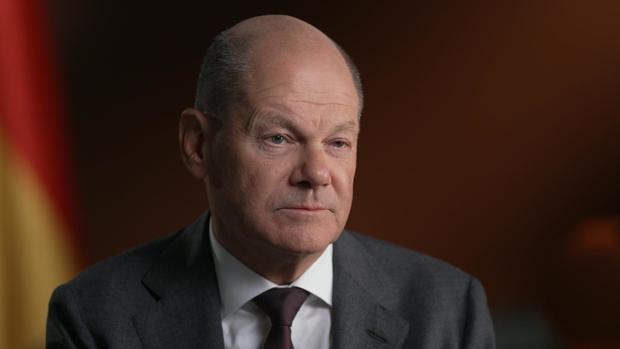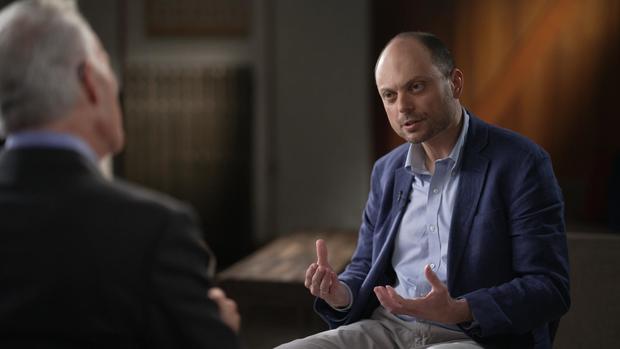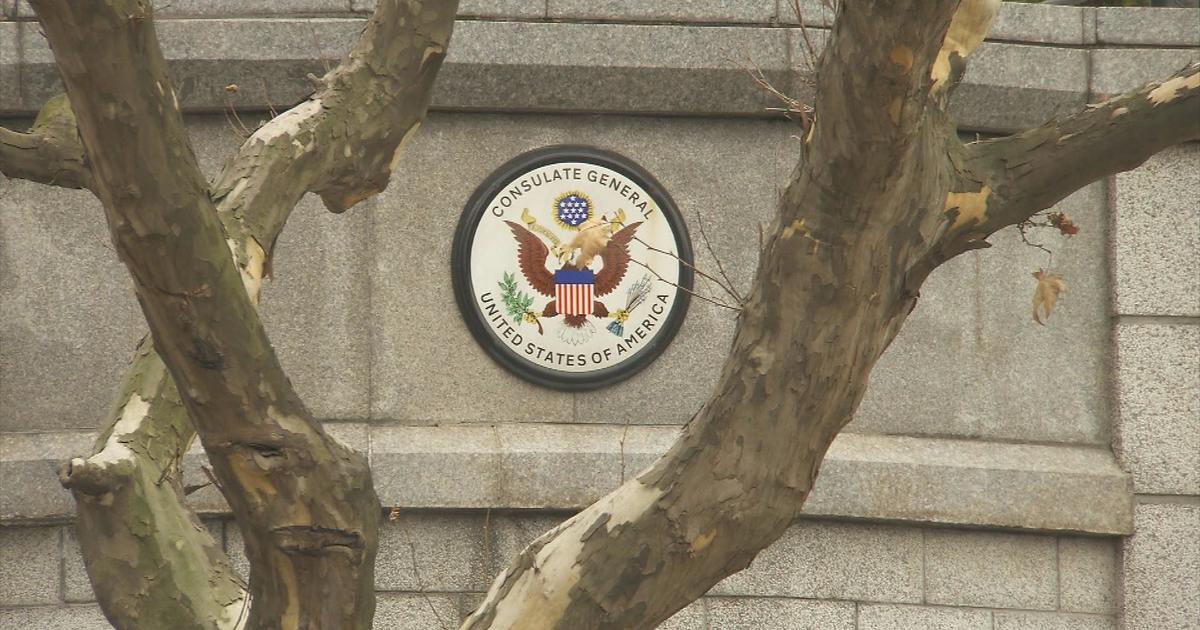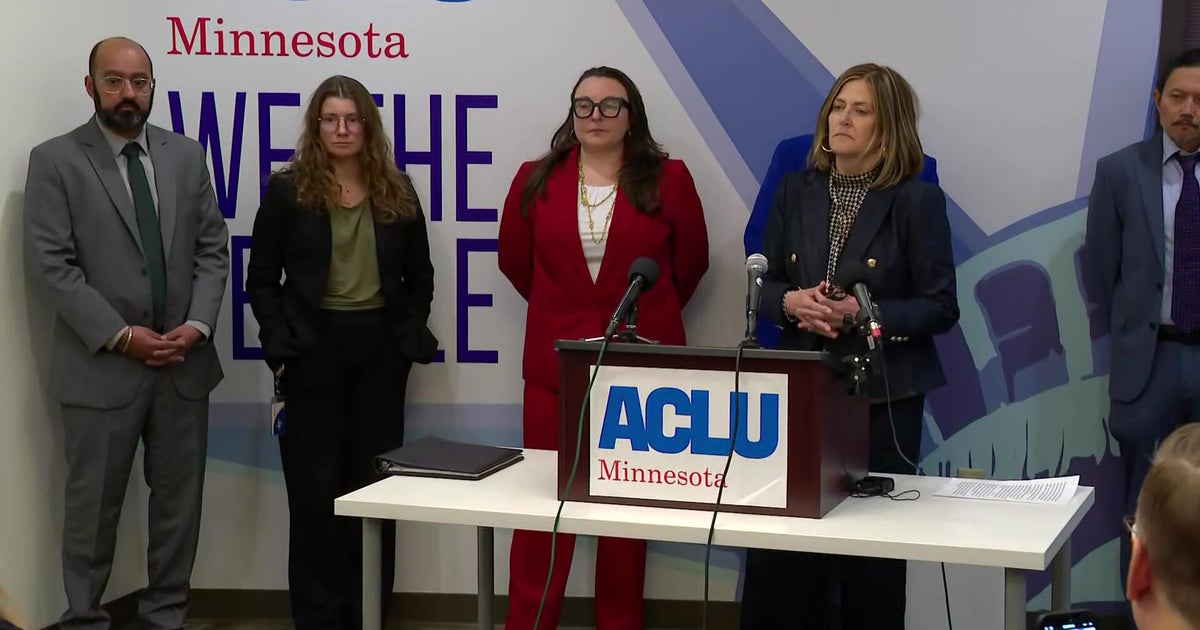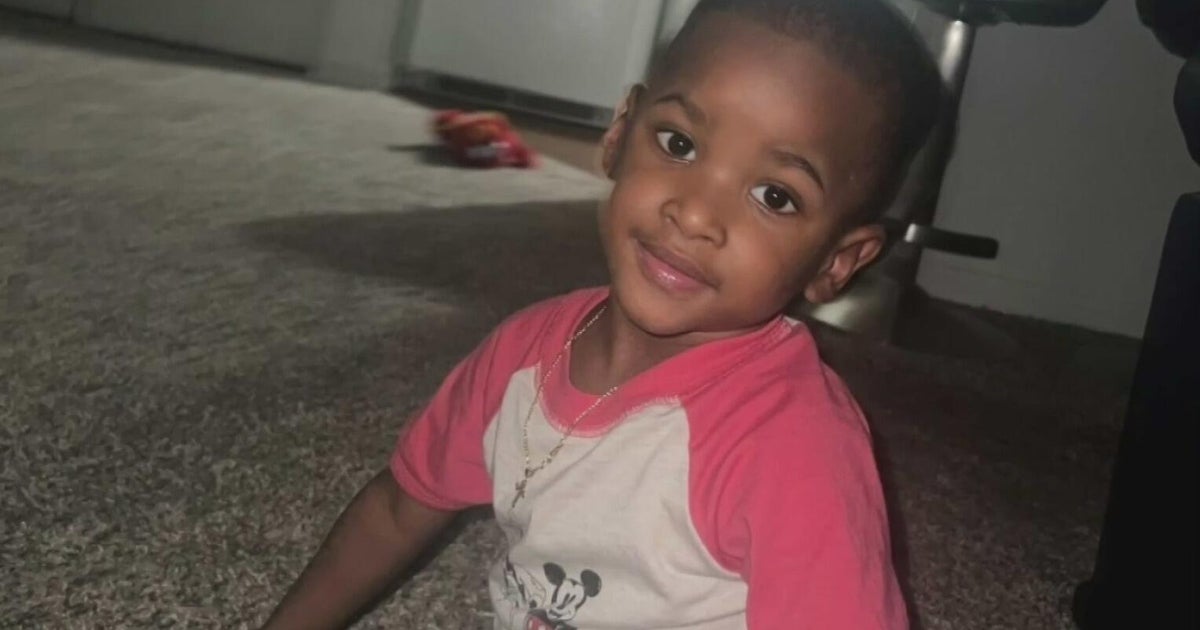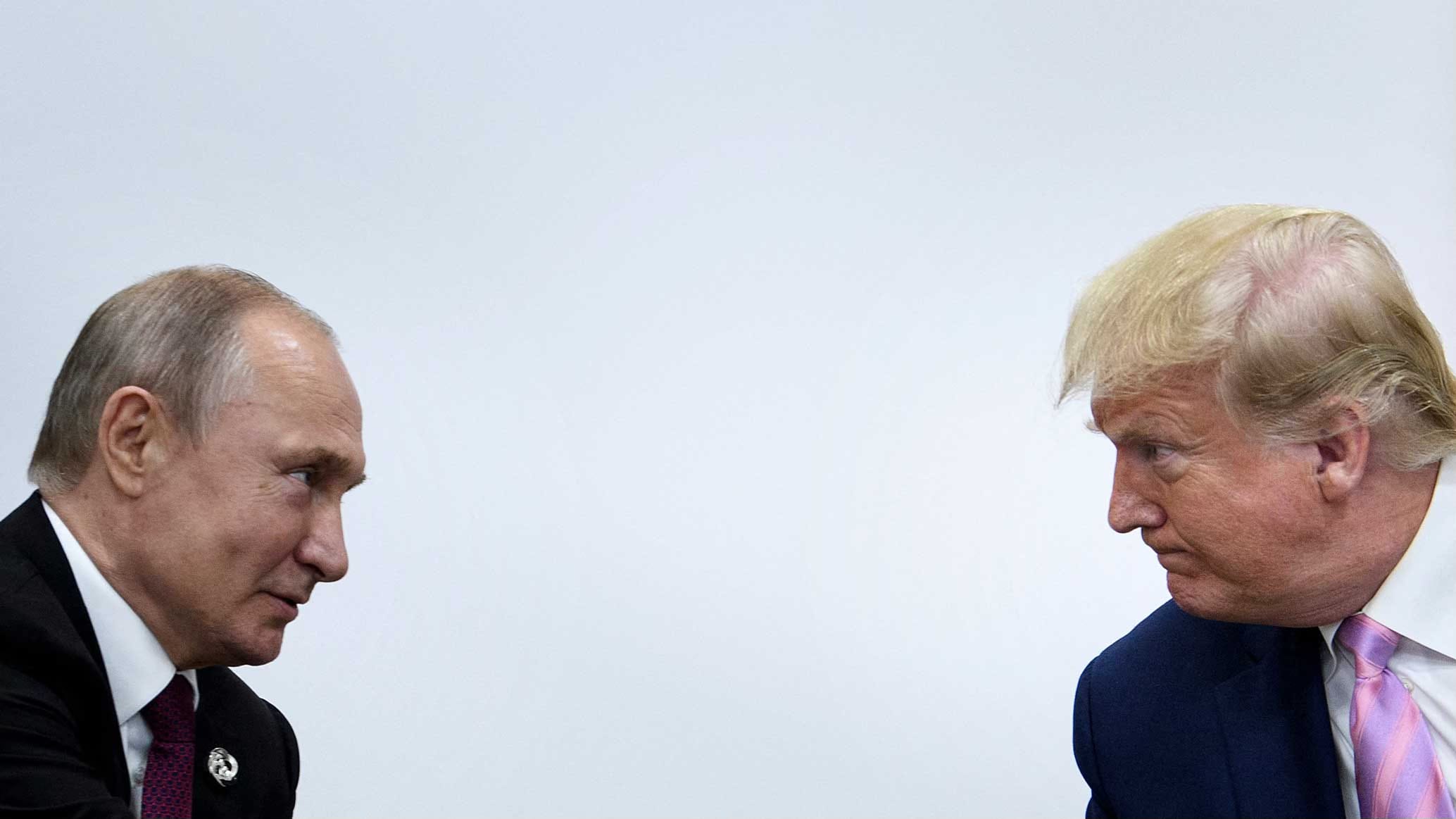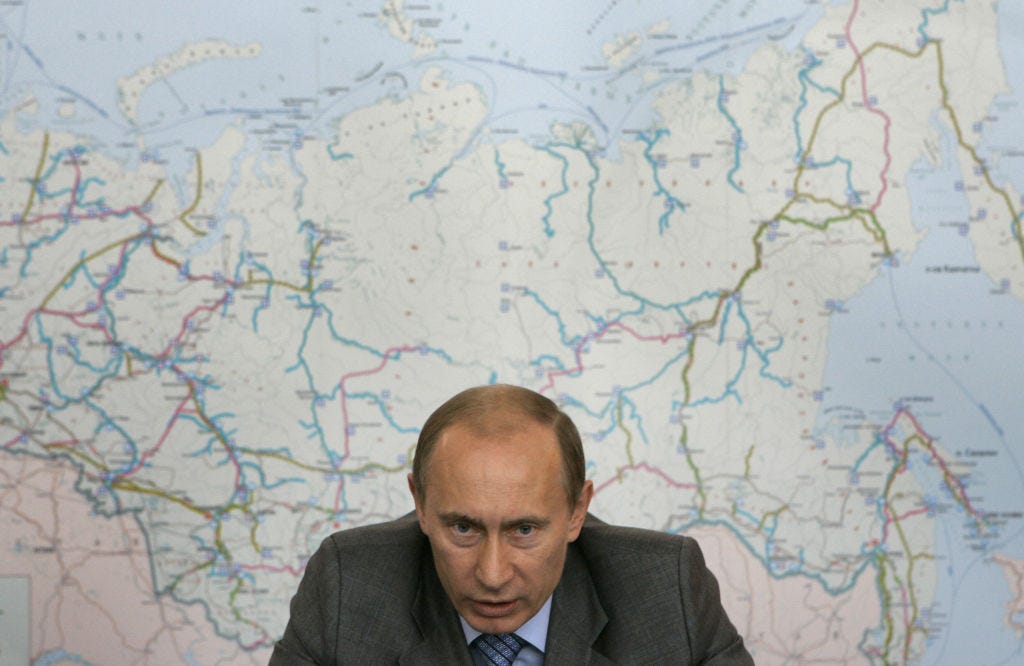Why Vadim Krasikov, a Russian assassin, was critical for the U.S.-Russia prisoner swap
Lengthy, complex diplomatic talks leading up to the largest prisoner exchange since the Cold War came down to one sticking point: Russian President Vladimir Putin wanted the release of notorious assassin Vadim Krasikov, who had been convicted of murder in Germany.
The negotiations ahead of the August deal were more than a year in the making. They began over Americans held by Putin, but over the months, the deal grew to involve Russian dissidents. National Security Adviser Jake Sullivan, who was at the center of negotiations, said German Chancellor Olaf Scholz was critical to the deal.
"Without him, this would not have happened. Because a central piece of the puzzle was the release of a Russian agent named Vadim Krasikov. Without Krasikov, there is no deal," Sullivan said.
Who is Vadim Krasikov?
Krasikov was convicted in 2021 of the 2019 murder of Zelimkhan "Tornike" Khangoshvili, a Georgian citizen of Chechen descent in Berlin. Khangoshvili was a Chechen rebel who had fought Russian troops in Chechnya.
Krasikov was sentenced to life in prison in Germany.
In November 2023, Russia rejected a different prisoner swap offer, saying that Krasikov must be part of any trade.
Making the 2024 prisoner swap with Russia happen
Sullivan knew a deal wouldn't happen overnight.
"None of it's straightforward. There's going to be twists and turns. There's going to be false starts," he said. "Persistence, relentlessness, that's part of the name of the game of actually securing the release of these Americans."
Sullivan said Scholz's dilemma was being able to look his people in the eye and say, "We are releasing someone who has committed a grievous crime on German soil. And therefore, I can deliver something for the people of Germany."
So the deal was broadened.
"That's why we ended up thinking through enlarging the problem, not just trying to bring out Americans, but of course bring out some German citizens as well," Sullivan said. "And then, the critical move of being able to say to the German people, the American people, and the world, 'We are also getting Russian Freedom Fighters out,' including people like Vladimir Kara-Murza."
Scholz said his long friendship with President Biden influenced his decision to release Krasikov.
"It is not an easy decision. And I discussed it with many people in my government, and especially with Joe Biden, who asked me to help," Scholz said. "And my view was that this is something which we could do."
Sullivan remembers the moment Scholz said he would try to make a deal.
"He said, and I remember it very vividly, on the phone with President Biden, 'For you, Joe, I will do this,'" Sullivan said.
Prisoners released
On Aug. 1, eight convicted Russian criminals and spies were traded for several Germans, three Americans and eight Russian dissidents, including Putin critic Kara-Murza, who'd been sentenced to 25 years in Russia.
"You know, it's one thing to speak about protecting freedom or protecting human rights," Kara-Murza said, "but it's quite another thing to actually do something to protect them. And whatever else President Biden and Chancellor Scholz will be remembered for years from now, they will be remembered for this."
Kara-Murza told 60 Minutes he quoted Jewish scripture to Scholz after his release: "He who saves one life saves the entire world."
"It was very nice to hear it, to be very honest with you," Scholz said. "On the other hand, I don't feel that great. I did what I thought is the right thing to do."

